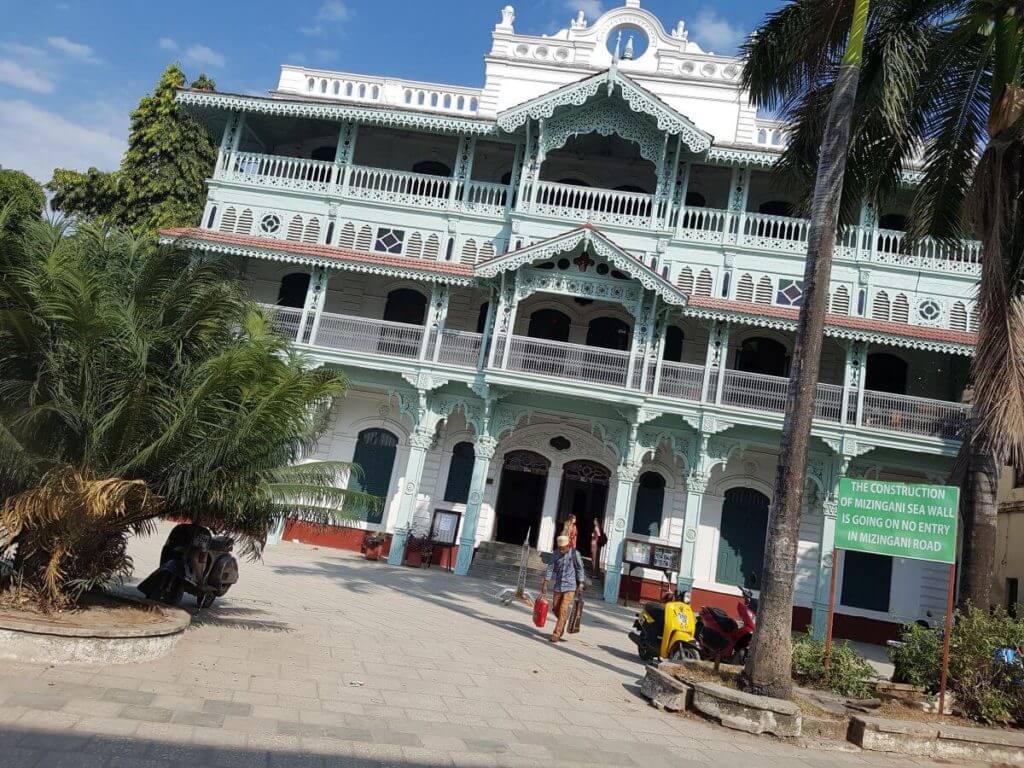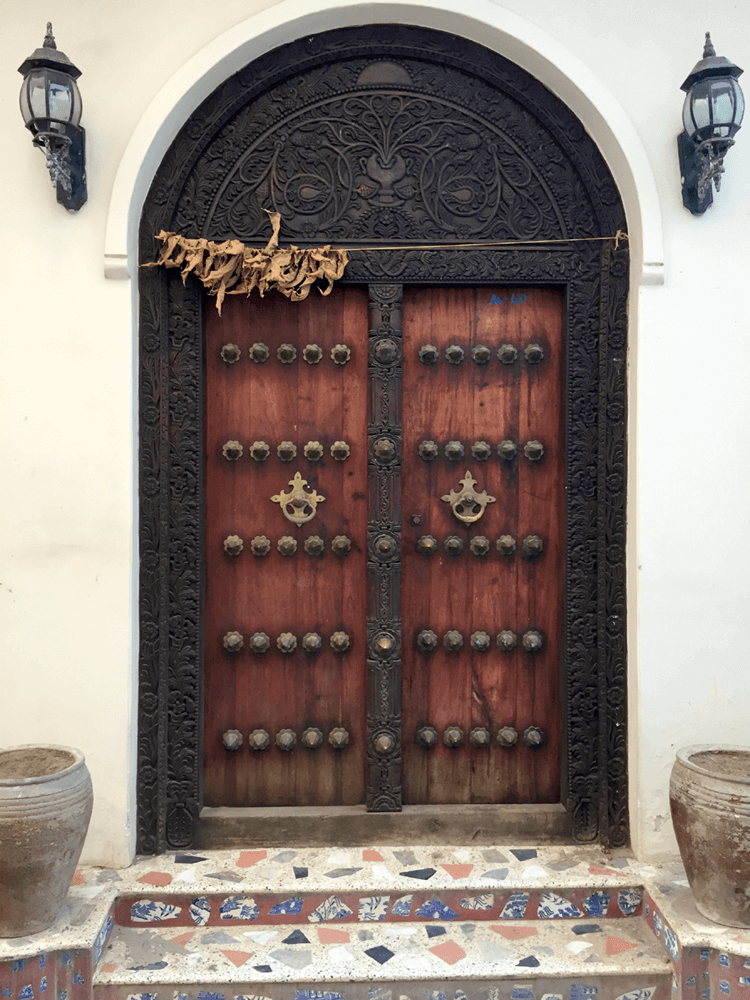A Short History of Zanzibar
Those who want to travel to Zanzibar should not miss the opportunity to learn about its history as well. Zanzibar seems like a bazaar of cultures these days. The explanation for this lies hidden in the history of the island.
The Natives of Zanzibar
The natives of Zanzibar were Africans. However, as early as the 8th century, Arab and Persian traders landed their ships off the coast of the East African island. They also anchored the religion of Islam, which is still dominant today, in the island society and engaged in lively trade with India.
Portuguese
In 1503 Zanzibar was conquered by the Portuguese. These established an important trading post on the island.
Sultan of Oman
However, in the 17th century, the Portuguese were expelled from the island by the Sultan of Oman.
Zanzibar grew into a thriving trading center for spices, ivory and, most importantly, slaves.
African Colonization
During the period of African colonization, Zanzibar became an English protectorate in 1890. In 1897 the British outlawed the slave trade.
Zanzibar Independence
Zanzibar finally gained independence in 1963 and is no longer subject to colonial rule. In 1964 Tanganyika and Zanzibar united to form the Republic of Tanzania, with Zanzibar retaining an autonomous status to this day. Finally, in 1995, the first free multi-party elections took place.
Zanzibar Culture and Traditions
On Zanzibar you will encounter a colorful mix of peoples from Africans, Indians, Persians and Arabs. About 90 % of the population belong to Islam. This combination results in a cultural diversity that nevertheless has a common intersection through religion.
The architecture of the historic old town of Stone Town in particular still reflects the synthesis of Arabic, Indian and African influences. It is multicultural, just like its residents. Mosques, churches and Hindu temples, African markets, colonial buildings and sultan’s palaces, all of this characterizes Zanzibar’s culture. Magnificent houses with large, intricately carved wooden doors are lined up in narrow streets. Stone Town was declared a World Heritage Site by UNESCO in 2000.
The Zanzibar people are hospitable, open and warm, which makes a Zanzibar holiday unique. The country’s art and music scene also benefits from this cosmopolitanism. Various music, culture and film festivals are regularly held in Zanzibar. The Sauti Za Busara Swahili Music & Cultural Festival presents East African music amidst the maze of Stone Town streets. Traditional dances and art can also be admired late into the night on Zanzibar holidays.


